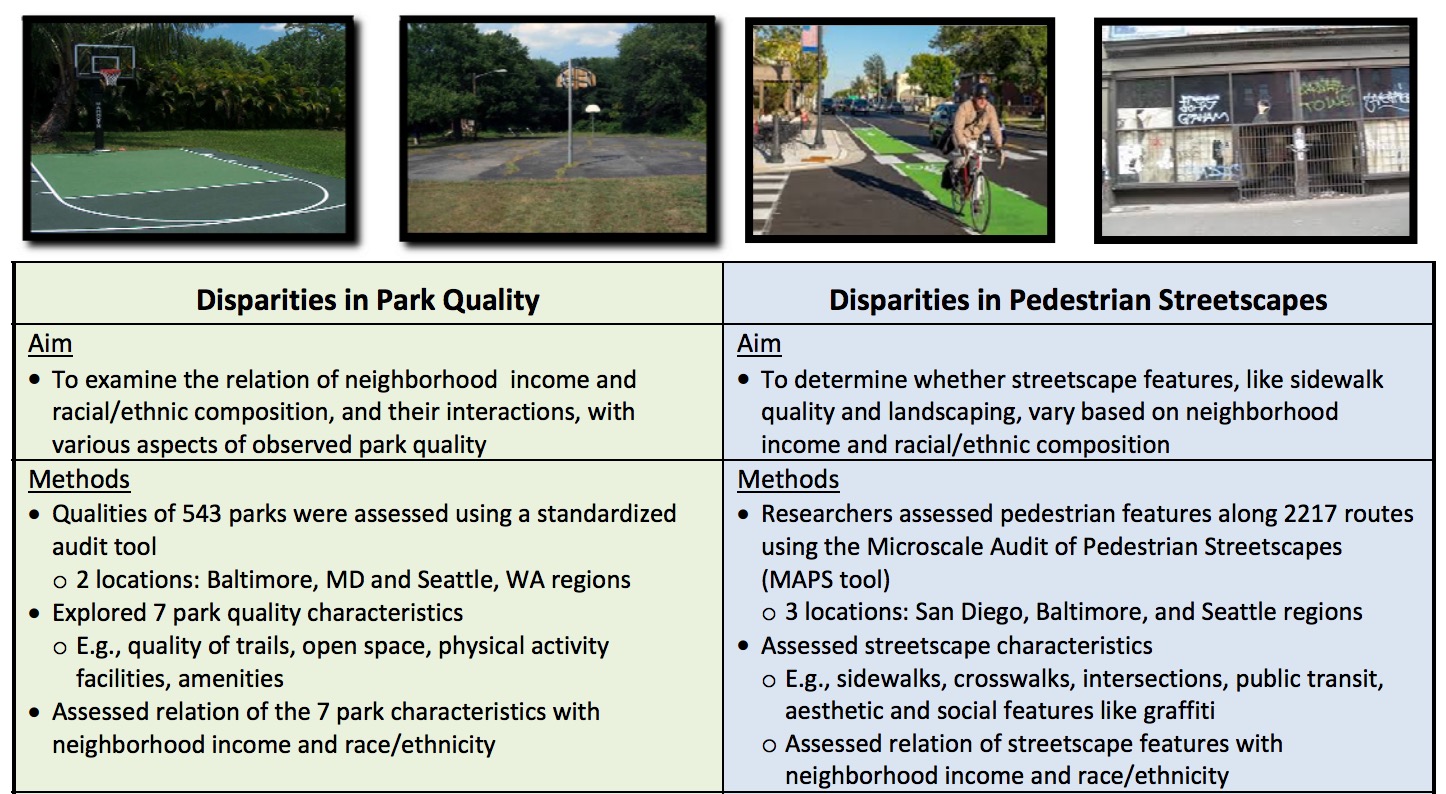
Low‐income and minority populations suffer disproportionately high rates of chronic disease. Accordingly, national and international authorities have made the elimination of health disparities a priority. Many factors can contribute to health disparities, including disparities in the quality of neighborhood environments. For example, having a neighborhood park and pedestrian‐friendly streets may impact opportunities to engage in physical activity – a behavior that can reduce risk of chronic disease.
View this complete post...
Tags: Active Living Research, ALR, Baltimore, CA, California, Maryland, MD, Pedestrian, San Diego, University of California San Diego, Walkability
Posted in
Equity, Infra Views, Local, Public Parks & Recreation, Urban Planning
Comments Off on Disparities in Park Quality and Pedestrian Streetscape Environments
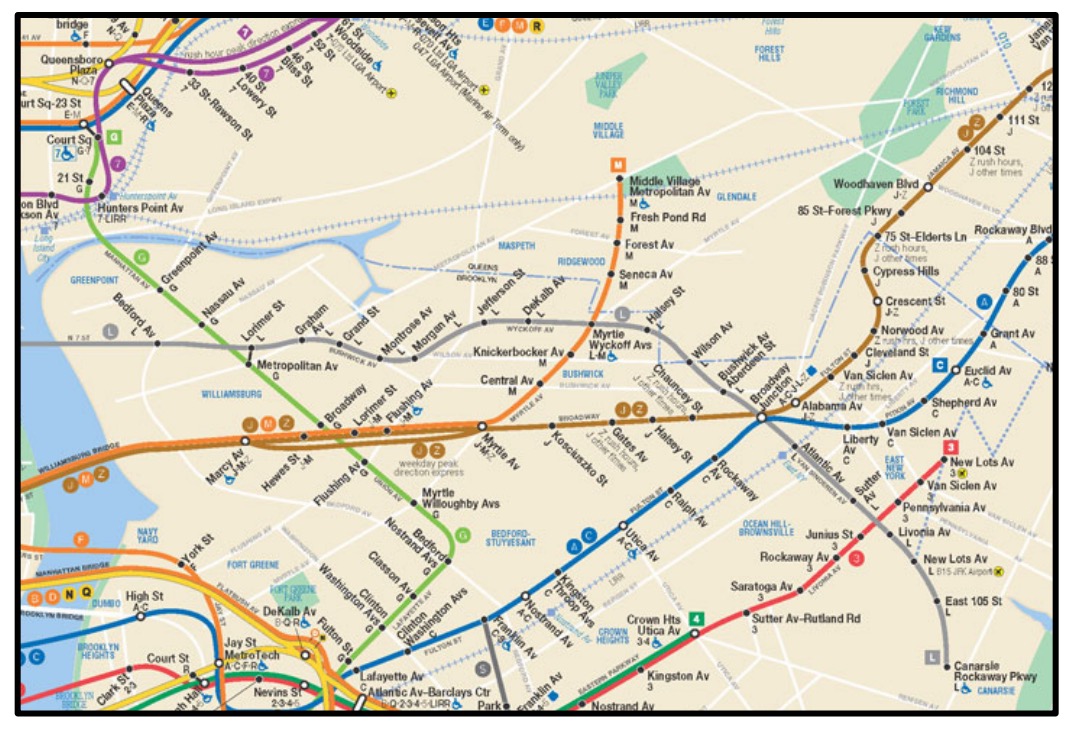












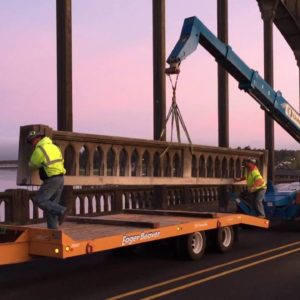
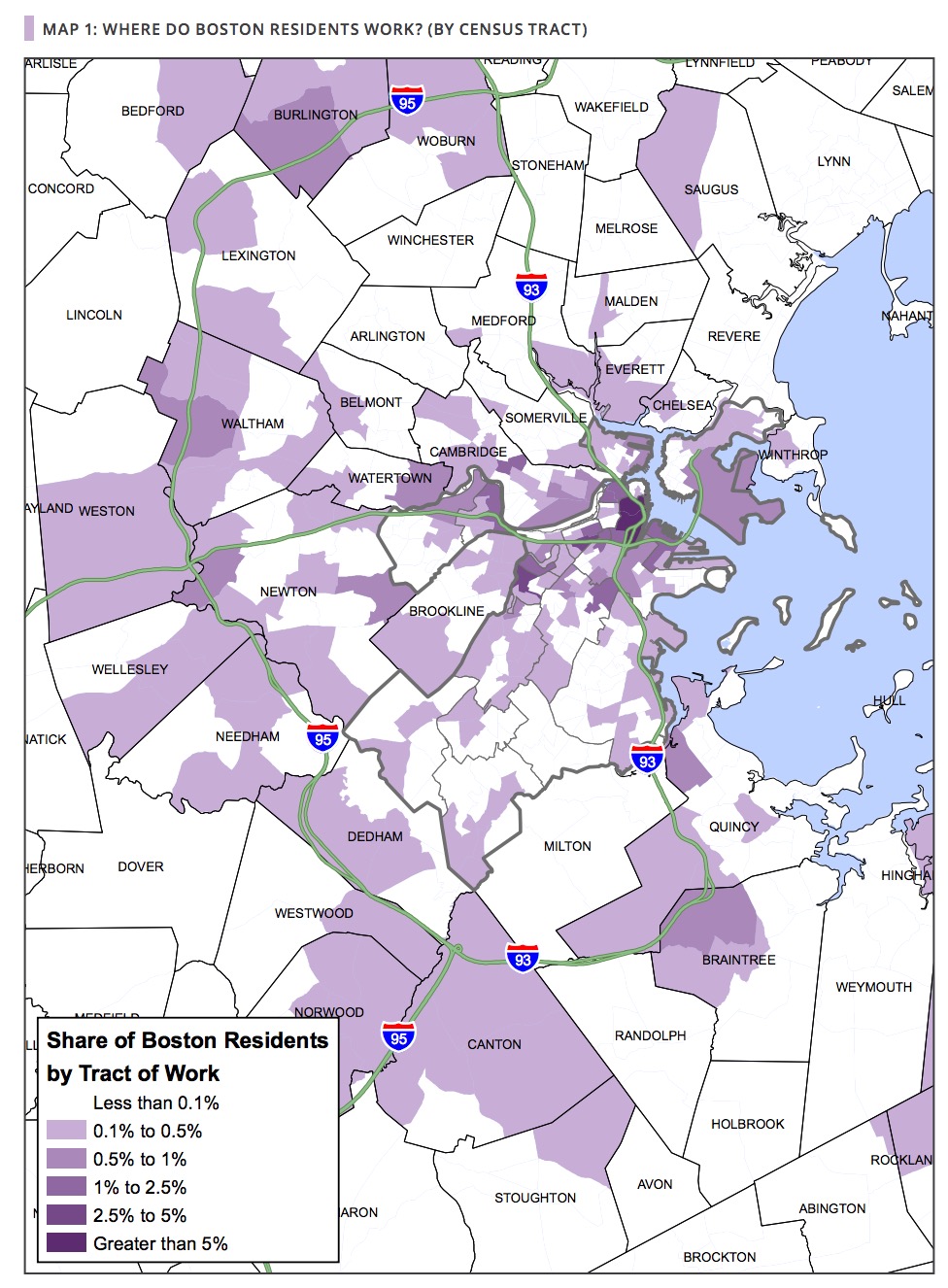
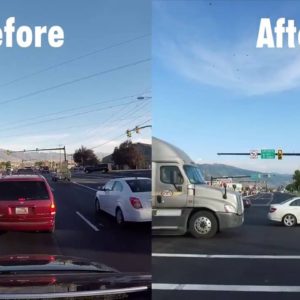
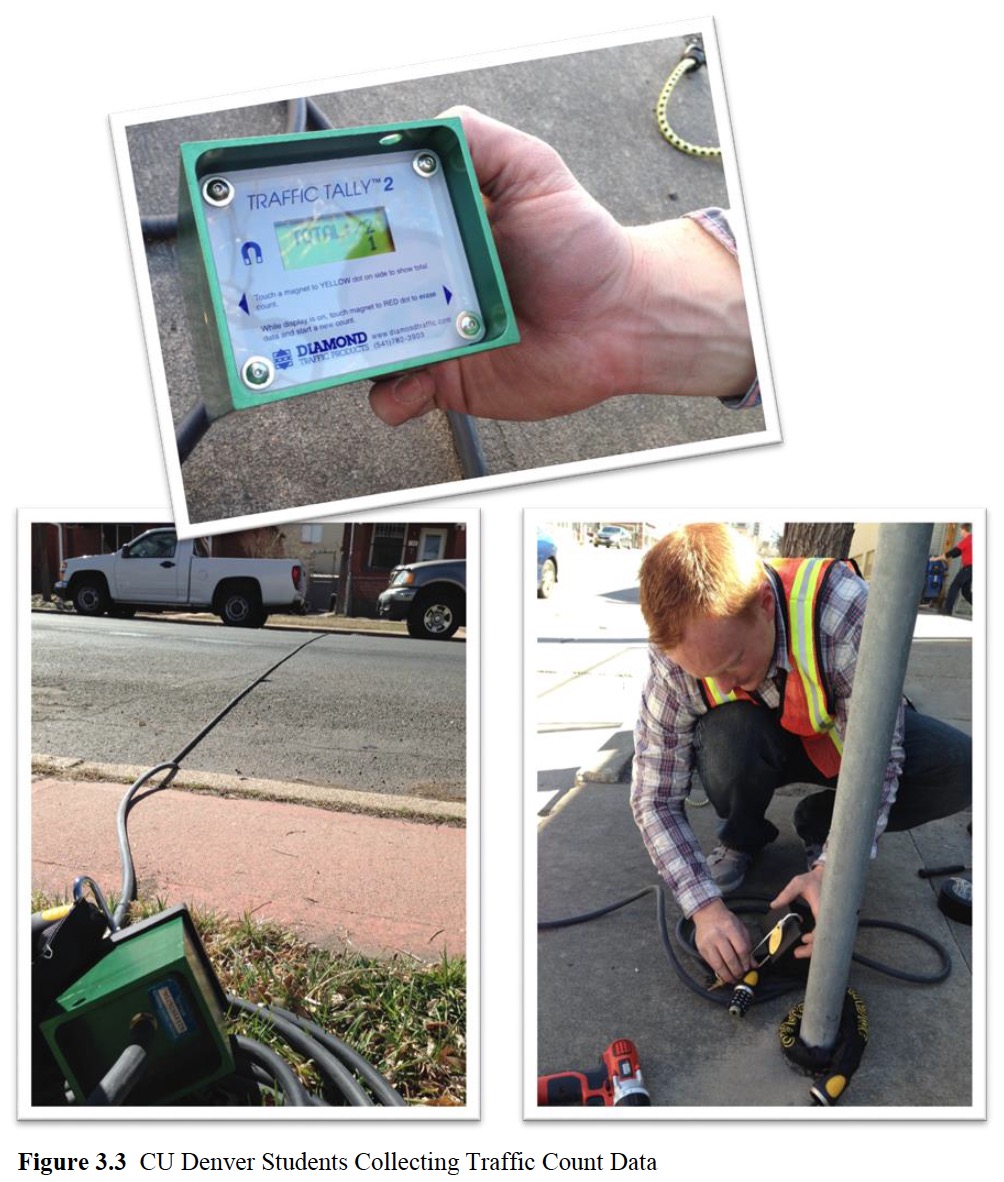
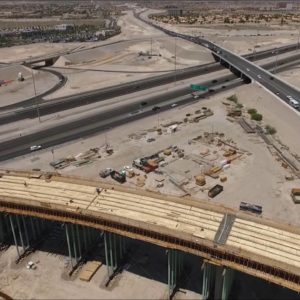

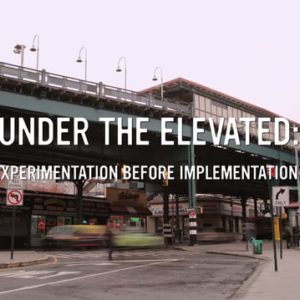
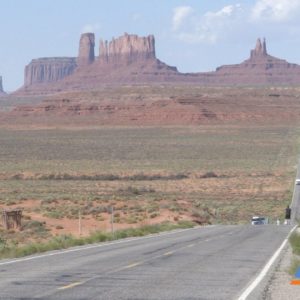


 RSS Feed
RSS Feed